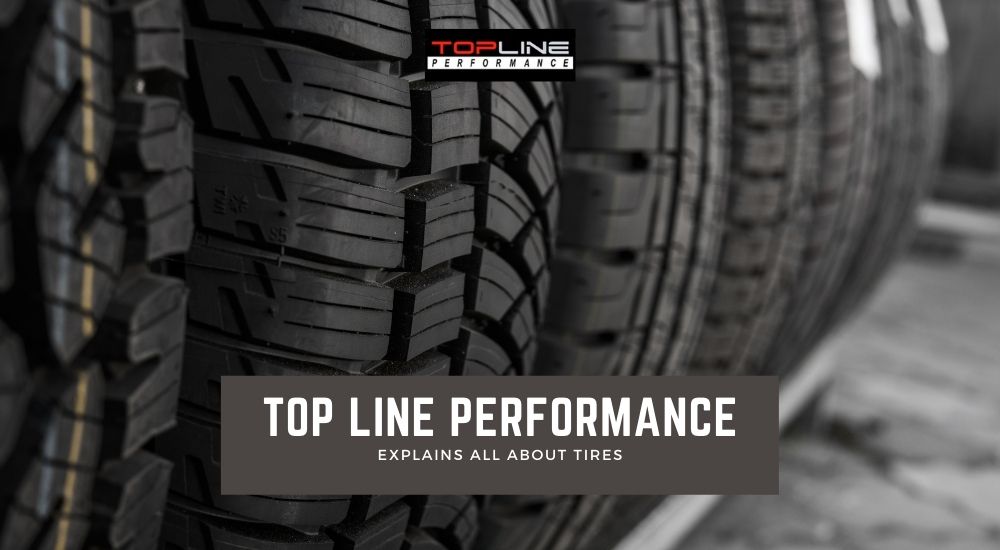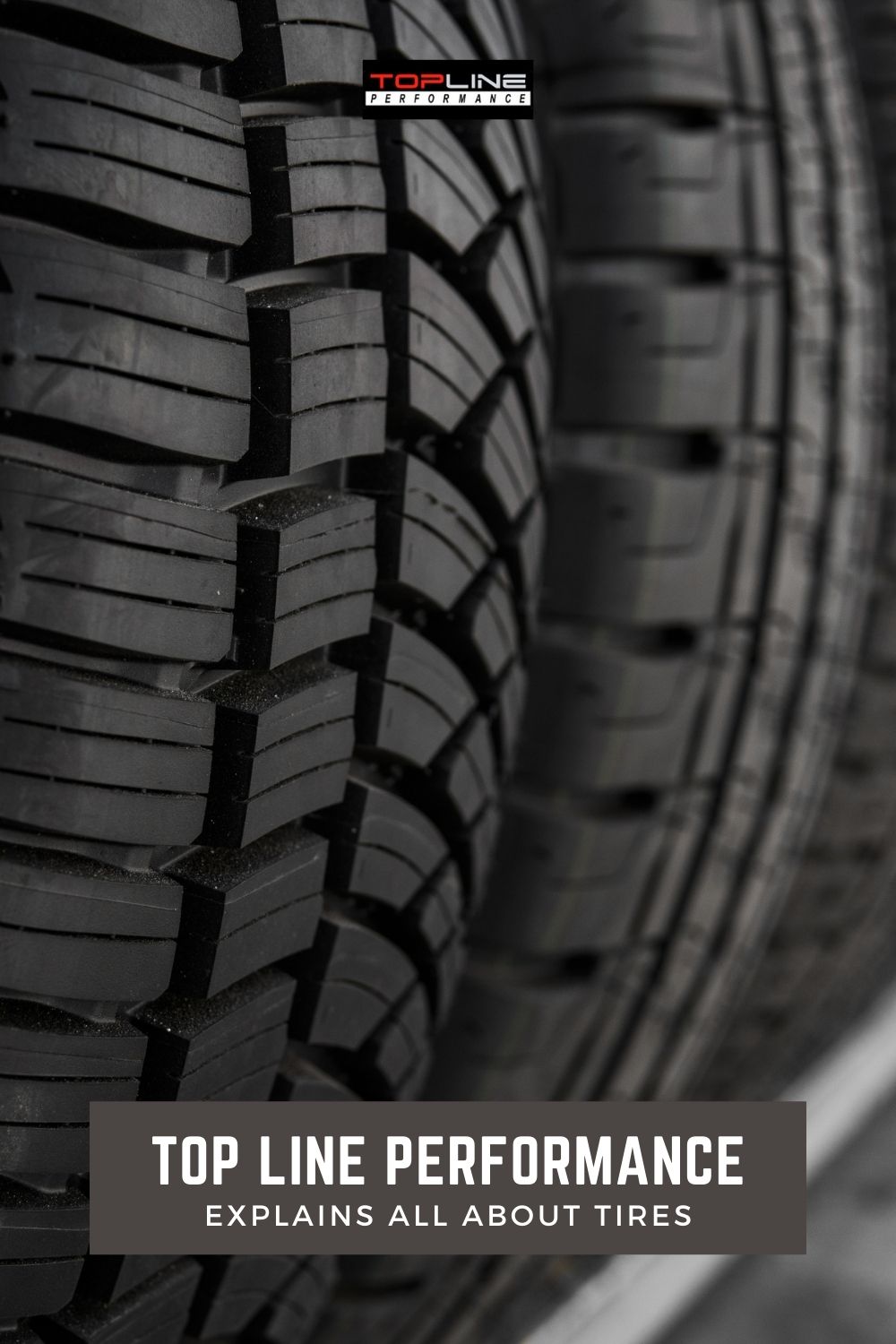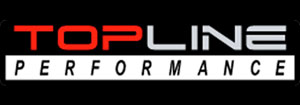
It’s a hassle to make that bi-annual switch from summer to winter tires and then back again to winter and summer tires. If only things could be a lot easier for drivers that live in states with four seasons. But wait, there might be a solution to this ongoing east coast dilemma. An auto repair shop in Huntington Beach, Ca, says the solution is simple, and it’s choosing the right tires! Sounds too good to be true, but there really is such a thing as tires that can be used in summer and carry forward to winter.
Auto Repair Shops in Huntington Beach Explain All-Season Tires
They are a perfect solution for people who live on the West Coast and don’t see snow that often but do a bit of traveling by car in the winter season. It’s such a hassle to change your tires just to take a short drive through snow. So, having an alternative such as all-season tires comes to a relief to many drivers who usually don’t see an inch of snowfall where they live.
All-season tires, as the name suggests, are for spring, summer, fall, and winter! Therefore, you can be bold on the road no matter what it looks like outside on the roads. These tires are created to support traction on wet, dry, and snow-covered roads. Although you can use these tires on roads blanketed with snow, it really depends where you live. If you live in an area that experiences harsh winters with ice, snow, and sleet, you will most likely have to look for tires that have more cold weather features than what all-season tires can offer.
All-Weather Tires
All-weather tires are a hybrid that mixes the best of two types of tires. When you take a look at an all-weather tire, you will notice that they look like a mix between all-season and winter tires. There are some tires that have threads that are straight, while some sections look like blocky winter tire thread.
Also, all-weather tires do best in both summer and winter seasons and can save you from the bothersome tire changeover and storage issues. According to tests conducted, all-weather tires stop at least 77 centimeters faster on wet pavement and 33 centimeters faster on dry pavement when examined in contrast to all-season tires. The distinctiveness between all-weather and all-season tires stands out when the pavement is wet, so you can safely assume the difference when driving in snowy and slushy conditions.
What Are Summer Tires?
Summer tires are designed to perform well in wet as well as dry conditions. Also, they operate to provide a perfect combination of traction, handling, and very minimum noise pollution. An essential feature that summer tires possess is the fact that they are engineered to tolerate the extreme heat of the season. For this reason, summer tires should last longer in climates where very high temperatures are common than tires that are not meant for the summer season. During or even after showery days, the threads located on summer tires provide drivers with more steering wheel control. When climate conditions are dry, summer tires are created to supply amazing handling and cornering.
So, What Are Winter Tires?
Winter tires get you from point A to point B without dangerously slipping and sliding on roads masked with ice, snow, or sleet. Auto repair technicians say there are three aspects that make winter tires different from other tires. These are thread depth and pattern, rubber composition, as well as biting edges.
Tread Depth and Pattern
Winter tires have deeper tread depths which increases traction on snowy roads and lowers the gathering of snow. Additionally, the thread patterns or groves found in winter tires are cut to prevent hydroplaning by physically forcing water through the tread and away from the tire.
Rubber Composition
When tires have a special rubber, it provides them with a huge advantage in cold weather. The rubber is unique because it stays soft and flexible, so your tires can still grip and traction when the temperature decreases. Alternatively, the rubber used in non-winter tires usually toughens in cold weather, which reduces its grip. However, the rubber composition that’s so perfect and beneficial in cold climates can make winter tires wear out faster during the hot summer months.
Therefore, it’s a good idea to go back to all-season tires or summer tires when the severity of winter has come to an end. Winter tires are perfect for automobiles that drive in regions where the winter temperatures usually fall to 40°F or lower. When the mercury rises and stays persistently over 40°F, you have to put away your winter tires in storage.
And What Are Biting Edges?
Biting edges are those deep, zig-zag grooves that cover the tread of winter tires. This helps provide a better grip on icy or snowy roads. Be aware that if you only install two winter tires on the front or either the back, this could be hazardous. Due to the fact that different types of tires provide various levels of traction, when affixing only two winter tires could result in an imbalance between the vehicle’s front and back traction. This can make you lose control of your car. If you mount winter tires on the rear axle of an automobile, it’s highly advisable that if you place winter tires in the rear axle of a car, you should do the same on the front axle.
Along with that, it’s crucial that all of the winter tires on a car should have a similar speed rating. If you don’t know what a tire’s speed rating is, it is basically an indicator of the tires’ steering and stopping performance at various speeds. If you were to place tires with different speed ratings, they’d respond differently. Then, place a thick layer of snow and ice in these circumstances, and you have a dangerous situation on your hands.
So, keeping all these tires in mind, you should be able to make a wise choice when you choose the perfect tires for your automobile. The happier your vehicle is, the better it will perform on any condition the road is in.


